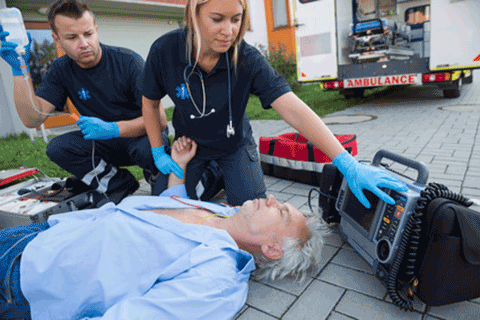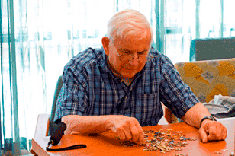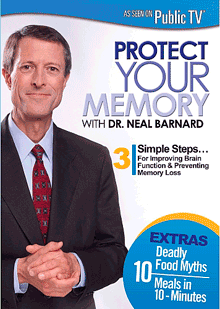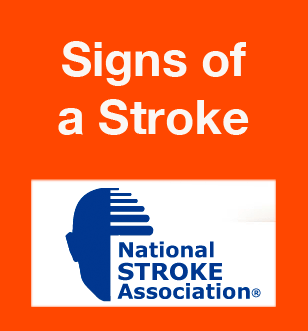 |
Stroke and Memory LossBy Gretchen Heuring | 09.07.2014 |
Stroke is the fourth leading cause of death in the US. Even more important, it is a leading cause of adult disability. There are many diabilities caused by stroke that have previously gone unreckognized. A tiny blood clot can cause brain damage in ways we might not readily notice such as weakness in an arm or leg, or the inability to use words properly.
Download the Stroke 101 Fact Sheet prepared by the National Stroke Association for more information.
Stroke can effect our cognition or thinking abilities. The term "cognition" refers to how we use our brains to talk, read, write, learn, understand, reason and remember.
Stroke frequently causes memory loss but not the same way for everyone. Some of the different ways include:
Verbal Memory Loss
Memory of names, places, stories and information that requires words. People with verbal memory loss, or aphasia could have different symptoms. People with Wernicke's apasia talk easily but use the wrong words, the wrong sounds in words, or even make up words. This type of phasia can also be caused by stress and panic. There are other more serious forms of aphasia effecting communications abilities.
Visual Memory Loss
Memory of shapes, faces, routes we frequently travel (including indoors), items in a box or drawer and other things we see. This type of memory loss from stroke also has simple forms like picking up a knife when a spoon is needed, and more compex forms like being unable to remember how to reach the kitchen from the bedroom, or recognizing loved ones.
Loss of the Ability to Learn
Memory damage can make it difficult or impossible to learn new things, or to remember and retrieve information. Again, there can be a variety of symptoms. One person could find it difficult to choose clothing, while someone with a more severe stroke might be unable to remember a conversation or significant life event.
Recovery Is A Journey
Recovery from stroke is often possible. With a rehabilitiation program we can relearn essential abilities like talking, eating, dressing and walking. This will be difficult work and can take a long time, but progress is certainly possible.







